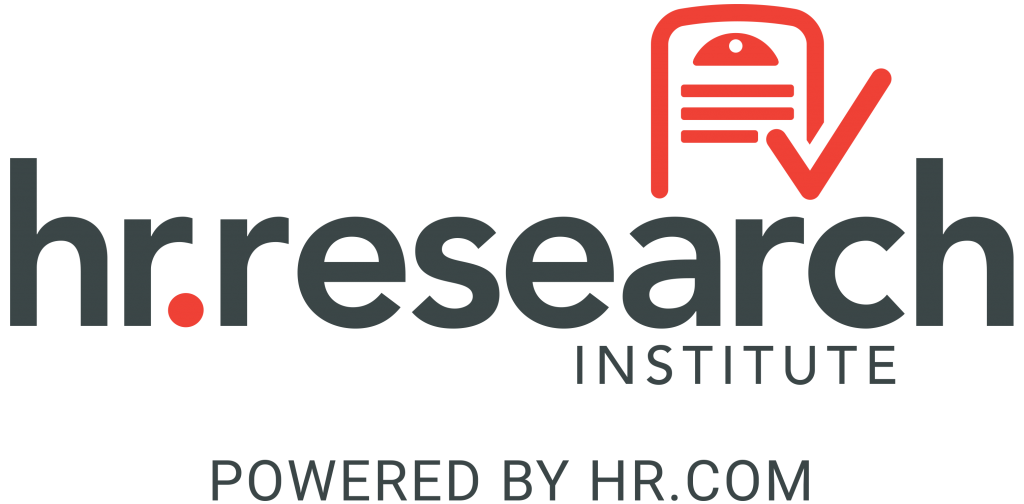 Most organizations have seen substantial changes to work arrangements over the last year due to the pandemic. What's more, many of these changes appear to be permanent, meaning work life will not return to some pre-pandemic version of normalcy. Over the past year, work processes have changed ‘moderately’ in 24% of organizations and ‘a lot’ in another 60%. That leaves only 16% where work processes only changed ‘a little’ or ‘not at all.’
The free research report, The State of Changing Work Arrangements 2021, is now available for download. HR.com's Research Institute conducted the study of HR professionals to better understand the impact of the Covid-19 pandemic on work arrangements.
Four in five organizations now offer remote work options, the most commonly cited flexible work arrangement. Flexible work options have seen a massive uptick in usage over the last two years, with a large majority (81%) of respondents indicating they have increased ‘a lot’ or ‘a little’ in the past two years. What’s more, about half (52%) say their organizations expect to increase the use of flexible work arrangements over the next two years.
When asked which kinds of work arrangements are likely to become more common over the next two years, more than half of HR professionals point to three types including:
Most organizations have seen substantial changes to work arrangements over the last year due to the pandemic. What's more, many of these changes appear to be permanent, meaning work life will not return to some pre-pandemic version of normalcy. Over the past year, work processes have changed ‘moderately’ in 24% of organizations and ‘a lot’ in another 60%. That leaves only 16% where work processes only changed ‘a little’ or ‘not at all.’
The free research report, The State of Changing Work Arrangements 2021, is now available for download. HR.com's Research Institute conducted the study of HR professionals to better understand the impact of the Covid-19 pandemic on work arrangements.
Four in five organizations now offer remote work options, the most commonly cited flexible work arrangement. Flexible work options have seen a massive uptick in usage over the last two years, with a large majority (81%) of respondents indicating they have increased ‘a lot’ or ‘a little’ in the past two years. What’s more, about half (52%) say their organizations expect to increase the use of flexible work arrangements over the next two years.
When asked which kinds of work arrangements are likely to become more common over the next two years, more than half of HR professionals point to three types including:
- more flexible work schedules,
- employee flexible location options, and
- workers nearly always working remotely.
- about 2.5 times as likely to strongly agree that their leaders are more receptive to flexible work arrangements than they were a year ago, and
- considerably more likely to say that, over the next two years, they will provide employees with more remote work resources/tools and will offer more alternatives to conventional work arrangements.
